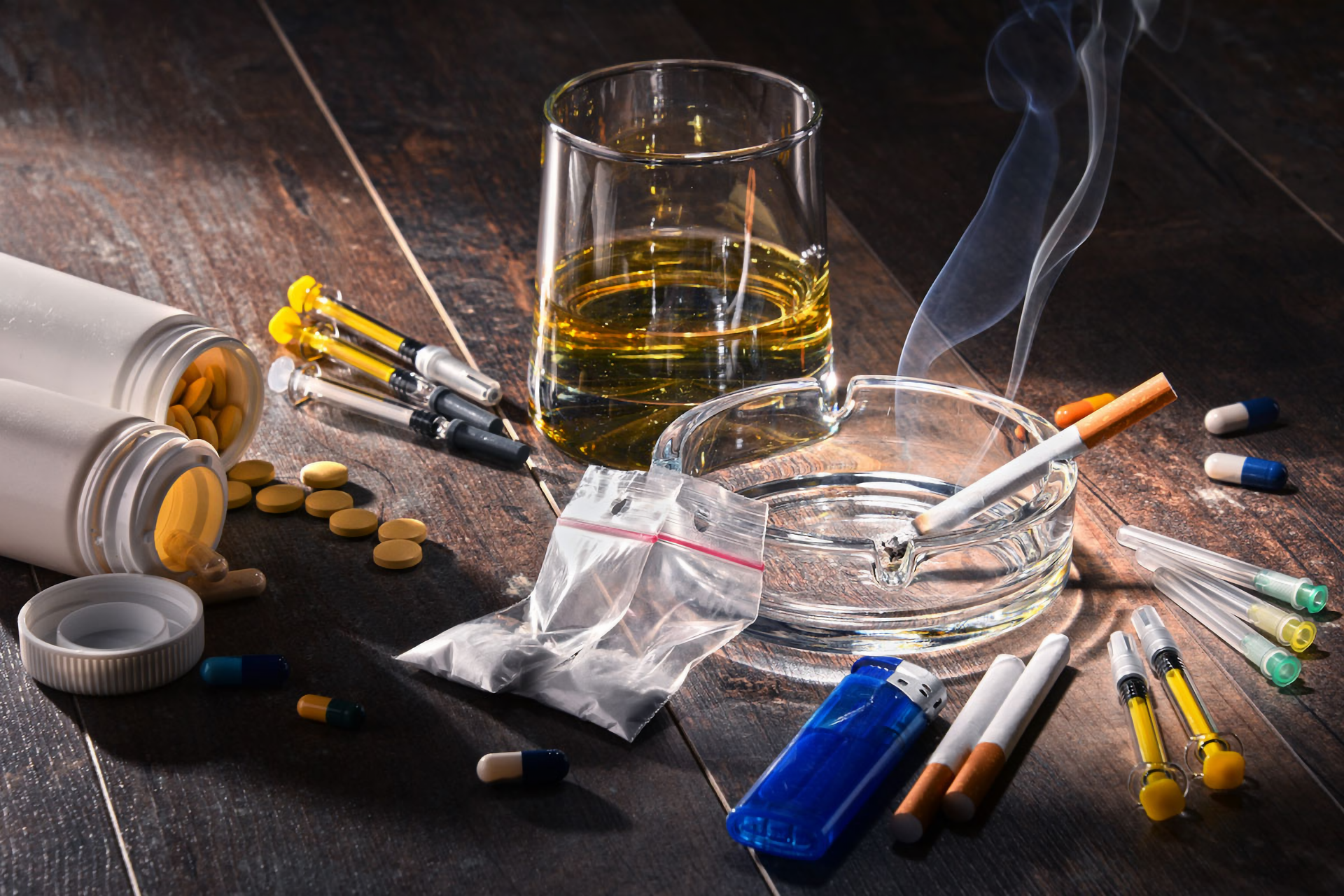Explore Our Blog
Mental Health Matters – Part 10: Substance Use Disorders
Advance Minds Blog
A safe space to explore subjects within the community such as mental health, substance abuse and personal identity.
Our safe space also provides the opportunity for real individuals to express their hardships and success through writing.
Substance use disorders involve the dependence on or misuse of alcohol, drugs, or other substances.

These disorders can affect physical health, emotional wellbeing, relationships, and daily functioning.
🌱 Understanding Substance Use Disorders
Substance use disorders occur when the use of a substance becomes compulsive despite harmful consequences.
Key factors include:
- Physical dependence and tolerance
- Psychological cravings
- Impairment in social, occupational, or academic areas
🧠 Signs and Symptoms
Common indicators include:
- Difficulty controlling use of substances
- Withdrawal symptoms when not using
- Neglecting responsibilities or relationships
- Continuing use despite negative outcomes
💔 Emotional and Social Impact
Substance use disorders often create emotional distress, conflicts in relationships, financial strain, and social isolation.
Individuals may experience shame, guilt, or anxiety, making it harder to seek help.
⚠️ Challenges in Daily Life
Living with a substance use disorder may involve:
- Strained family and social relationships
- Work or school difficulties
- Increased risk of accidents or legal issues
- Health problems including organ damage, infections, or overdose
🤝 Support and Treatment
Effective management may include:
- Behavioral therapies such as CBT or motivational interviewing
- Medication-assisted treatment (MAT) for certain substances
- Support groups like AA, NA, or SMART Recovery
- Family therapy and peer support
🌍 Understanding and Reducing Stigma
Substance use disorders are often stigmatized, making it harder for people to seek help.
Education and empathy are critical to creating a supportive environment for recovery.
🌿 Final Thoughts 💞🌈
Recovery is a process, not a single event.
With professional guidance, social support, and personal commitment, individuals can regain control, improve wellbeing, and rebuild meaningful lives.

















